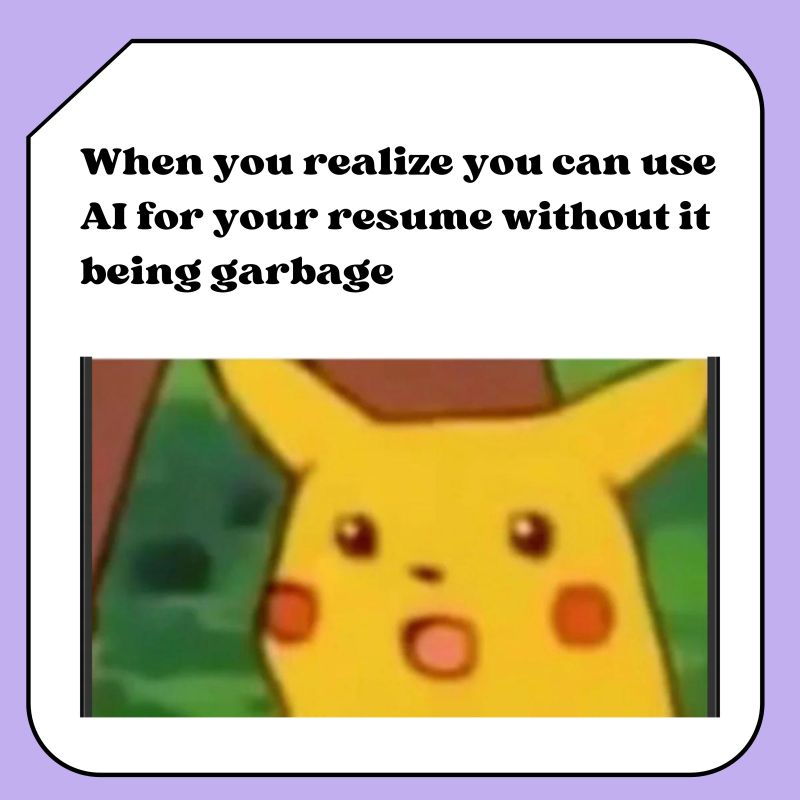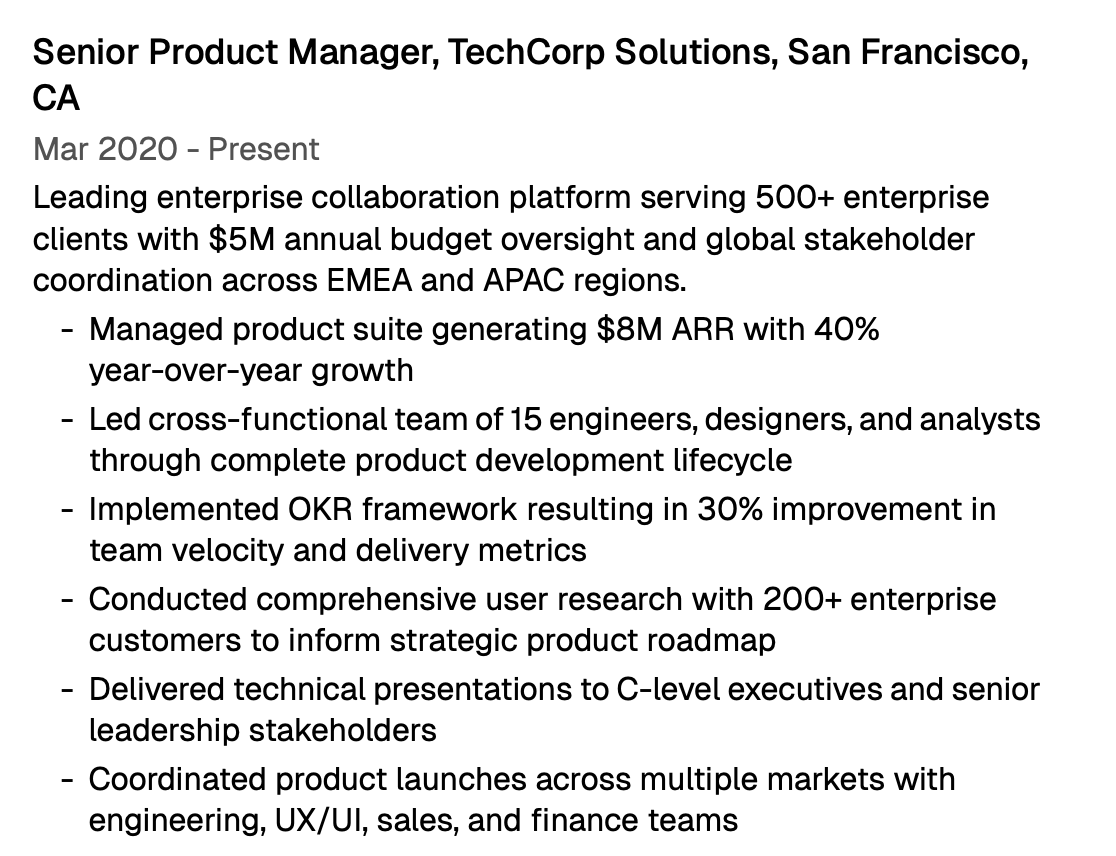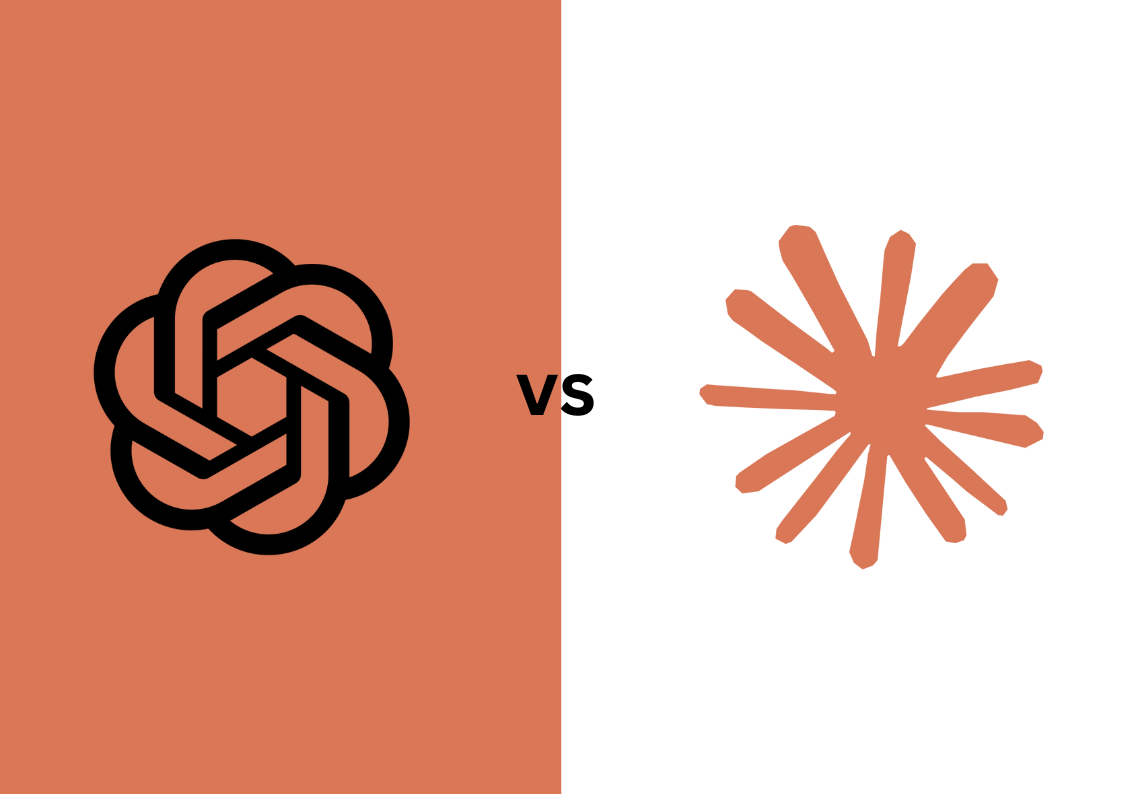ChatGPT vs Claude for Resume Writing: Which AI Gives Better Results
Oct 09, 2025
Discover which AI assistant creates better resumes: ChatGPT or Claude. Compare their strengths in tailoring resumes, maintaining professionalism, and optimizing for ATS systems.

Introduction
In today's competitive job market, crafting the perfect resume has become more crucial than ever. But let's face it—tailoring resumes for each application is time-consuming and often tedious.
This is where AI assistants like OpenAI's ChatGPT and Anthropic's Claude have stepped in, promising to revolutionize how we approach resume writing.
As someone who's been deep in the trenches of job applications, I've seen firsthand how AI can transform a generic resume into a targeted application. The evolution has been remarkable—from manually tweaking resumes for hours to having AI assistants help optimize content in minutes.
But not all AI assistants are created equal, and choosing between ChatGPT and Claude can significantly impact your job application success.

The rise of AI in resume writing isn't just about automation—it's about precision and customization at scale. Early versions of these AI tools often produced generic, marketing-style content that needed substantial human editing.
However, with recent advancements, particularly in models like ChatGPT 5 and Claude Sonnet 4.5, we're seeing more nuanced and professionally tailored outputs.
In this article we'll dive deep into a comparison between these two leading AI assistants. We'll explore their unique approaches to resume writing, examine their strengths and limitations, and help you make an informed decision about which tool might better serve your career goals.
ChatGPT vs Claude: Resume Writing Test
To determine which AI produces superior resume content, we'll conduct a practical test.
We'll take an existing resume section and optimize it for a specific job description, comparing how each AI approaches the task. Here's the section we'll optimize:

The example shows an experience entry from a product manager's resume. We'll adapt it to match a Program Manager role at Google.
Since this position has specific skill requirements, we need to ensure the optimized section directly addresses the job description's key criteria.
Here's the job description we'll optimize for:
Minimum qualifications: Bachelor's degree or equivalent practical experience. 5 years of experience in program management. Experience working in the networking, data center, or technology industry. Experience with commodity management or supply chain resiliency.
Preferred qualifications: 5 years of experience managing cross-functional or cross-team projects. Experience in Legal, Tax, Trade Compliance, or Import and Export process Experience manipulating data with spreadsheets. Excellent analytical and problem-solving skills. About the job A problem isn’t truly solved until it’s solved for all. That’s why Googlers build products that help create opportunities for everyone, whether down the street or across the globe. As a Program Manager at Google, you’ll lead complex, multi-disciplinary projects from start to finish — working with stakeholders to plan requirements, manage project schedules, identify risks, and communicate clearly with cross-functional partners across the company. Your projects will often span offices, time zones, and hemispheres. It's your job to coordinate the players and keep them up to date on progress and deadlines.
As a Program Manager within the Supply Chain Resiliency team, you will be enabling a scalable, efficient, responsible, and resilient supply chain supporting private data networks in the world. You will work to understand the supply chain processes and systems and identify gaps that impact the supply chain's ability to execute. As part of this, you will take ownership of defining and implementing cross-functional processes and programs to drive supply chain efficiencies and provide a sustainable competitive advantage for Google Global Network.
You will work on programs related to Supply Chain Resiliency including multi-sourcing and nearshoring programs, own investigating product compliance parameters such as manufacturing details for parts and components.
Behind everything our users see online is the architecture built by the Technical Infrastructure team to keep it running. From developing and maintaining our data centers to building the next generation of Google platforms, we make Google's product portfolio possible. We're proud to be our engineers' engineers and love voiding warranties by taking things apart so we can rebuild them. We keep our networks up and running, ensuring our users have the best and fastest experience possible.
Responsibilities: Provide direct project leadership, subject matter knowledge, and build organizational support to drive strategic supply chain programs. Define business requirements in conjunction with functional owners and SMEs to enhance or develop new supply chain capabilities. Structure and execute cross-functional strategic initiatives by developing operational plans, gathering and synthesizing data, leading analyses and developing compelling recommendations. Drive speed, quality, and simplification by eliminating rework loops, reducing and automating manual work, identifying and implementing best practices, and minimizing process variability through standardization and automation. Identify risks, develop mitigation strategies, and facilitate conflict resolution.
ChatGPT 5
First, let's see how ChatGPT 5 handles this optimization challenge. Here's the result:
Senior Product Manager, TechCorp Solutions, San Francisco, CA Mar 2020 – Present
- Led global enterprise collaboration platform serving 500+ clients with $5M annual budget oversight and cross-regional stakeholder coordination across EMEA and APAC.
- Directed cross-functional programs with engineers, designers, finance, and operations teams to deliver resilient product solutions, ensuring scalability and compliance across international markets
- Partnered with supply chain, trade compliance, and finance functions to coordinate product launches, addressing import/export requirements and risk mitigation strategies
- Conducted enterprise-wide research with 200+ customers to inform roadmap decisions, strengthen vendor partnerships, and support multi-sourcing strategies
- Implemented operational frameworks (OKRs, program governance) that improved delivery speed by 30%, reduced rework, and increased visibility into project dependencies and risks
- Presented program updates and risk assessments to C-level executives, aligning global leadership on schedules, requirements, and business impact
- Managed product portfolio generating $8M ARR with 40% YoY growth, while balancing resource allocation, stakeholder priorities, and execution efficiency
ChatGPT 5 effectively shifted from product-focused language to program management terminology and successfully incorporated supply chain resiliency themes and compliance requirements. It added OKR framework and governance structures that align well with the job's emphasis on "drive speed, quality, simplification" while maintaining strong metrics and adapting them to the program management context.
However, ChatGPT failed to explicitly connect the experience to networking, data centers, or technology infrastructure—core components of this Google role. While it mentioned multi-sourcing and vendor partnerships, it missed key terms like commodity management, nearshoring, and supply risk monitoring that were specifically called out in the job description.
Although efficiency gains suggest analytical skills, the output didn't demonstrate structured problem-solving methodologies or scenario planning capabilities that would be valuable for this position.
Overall score: 4/5
Claude Sonnet 4
Now let's see how Claude Sonnet 4 approaches the same challenge. Here's its result:
Senior Product Manager, TechCorp Solutions, San Francisco, CA Mar 2020 – Present
- Leading enterprise collaboration platform serving 500+ enterprise clients with $5M annual budget oversight and global stakeholder coordination across EMEA and APAC regions.
- Program Management & Cross-functional Leadership: Led 15-person cross-functional team of engineers, designers, and analysts through complete product development lifecycle, coordinating product launches across multiple markets with engineering, UX/UI, sales, and finance teams
- Supply Chain & Vendor Management: Managed $8M ARR product suite with 40% year-over-year growth, overseeing vendor relationships and technology infrastructure requirements across global markets
- Process Optimization & Risk Management: Implemented OKR framework resulting in 30% improvement in team velocity and delivery metrics through standardization and cross-team process alignment
- Data Analysis & Strategic Planning: Conducted comprehensive user research with 200+ enterprise customers, manipulating complex datasets in spreadsheets to inform strategic product roadmap and identify process gaps
- Cross-functional Project Execution: Delivered technical presentations to C-level executives and senior leadership stakeholders, managing project schedules and coordinating across multiple time zones and regional offices
- Compliance & Process Development: Coordinated product compliance requirements and regulatory considerations across international markets, working with legal and finance teams on import/export processes for global deployment
Claude Sonnet 4 delivered a longer but more detailed response. Claude successfully incorporated critical terms like "program management," "cross-functional," "supply chain," "compliance," and "data manipulation" with impressive keyword density.
It adopted Google's preferred terminology around "process optimization" and "risk management" and cleverly reframed "user research" as "data analysis and strategic planning" to better match the role requirements. The response also used clear section headers to organize different competency areas in a structured presentation.
However, the "Supply Chain & Vendor Management" section feels artificially stretched beyond the original experience, and the "Compliance & Process Development" section makes broad statements about international compliance without concrete examples.
Claude also underemphasized the global coordination aspect (EMEA/APAC) despite the role's multi-timezone requirements.
Claude's approach shows more strategic thinking in keyword optimization, though it occasionally sacrifices authenticity for comprehensiveness.
Note: This analysis used Claude Sonnet 4's standard mode, not the "extended thinking" feature.
Overall score: 4.5/5
The Verdict: Performance vs. Practicality
Both AI assistants demonstrate impressive capabilities in resume optimization, with Claude slightly edging out ChatGPT in keyword integration and strategic thinking. However, performance is just one factor to consider when choosing your AI writing partner.
Pricing and Accessibility

The cost factor doesn't play a big role in choosing between these AI assistants, as they are priced similarly. ChatGPT operates on a tiered model, offering a free version with basic capabilities, while its premium GPT version is (currently) available for $23 per month with significantly enhanced capabilities.
Claude follows a similar multi-tier approach to accessibility. The service offers different models optimized for various needs: Claude Haiku for quick edits, Claude Sonnet for balanced performance in most resume writing tasks, and Claude Opus for handling complex documents. Like ChatGPT, Claude also provides API access for enterprise-level integration. Anthropic's PRO plan is currently priced at $17 per month.
Specialized Resume AI Platforms: A Better Alternative
While using ChatGPT and Claude directly can improve your resume, as we discovered, there are some downsides to using them. Specialized platforms like UseResume AI offer a more refined approach to AI-powered job applications.
These dedicated tools are specifically engineered for creating professional documents, offering advantages that general-purpose AI assistants cannot match.
UseResume AI, for instance, combines the power of advanced AI models with specialized features designed exclusively for job applications. The platform has been fine-tuned specifically for professional document creation, and ensures that the language and formatting align perfectly with industry standards.
Its multi-pass optimization system doesn't just rewrite content—it strategically incorporates ATS keywords and industry-specific terminology to maximize your resume's visibility.
Making the Right Choice for Your Career
The landscape of AI-powered resume writing offers several compelling options, each with its own strengths. While ChatGPT and Claude are powerful tools in their own right, the emergence of specialized platforms like UseResume AI represents a significant evolution in how we approach job applications.
The future of resume writing lies not just in AI assistance, but in integrated solutions that understand the complete job application process. As the job market continues to evolve, having access to tools that can consistently produce tailored, ATS-optimized documents becomes increasingly valuable.
Ultimately, the goal isn't just to create better resumes—it's to land better jobs. By leveraging AI, job seekers can focus more on preparing for interviews and less on the technical aspects of document preparation.
This shift in focus, combined with the ability to quickly produce highly targeted applications, can significantly improve your chances of success in the job market.
Looking ahead, we can expect these tools to become even more sophisticated, offering even greater personalization and optimization capabilities.
Ready to Get Started?
Create your account and experience the future of job applications.
Want to learn more about creating effective job applications? Stay tuned for other articles on resume writing, interview preparation, and career development.
Ready to get hired?
Join thousands of successful job seekers who've landed their dream jobs with UseResume AI
No credit card required. Build a job-winning resume risk-free.